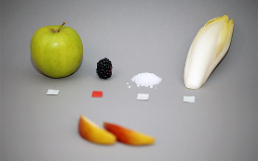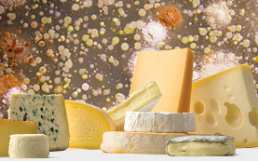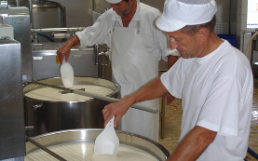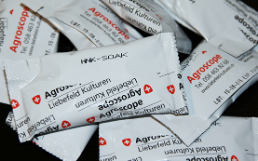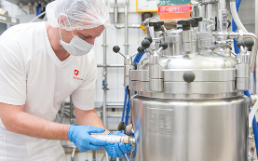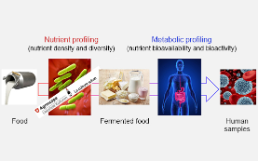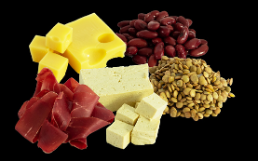- Quality of Plant Products
- Improvement and Analysis of the Quality of Swiss Wines
- Microbial Systems in Cheese
- Cheese Quality
- Developing Microbial Cultures
- Biopreservation for Influencing the Food Microbiome
- Production of Microbial Cultures
- Improving the Nutritional Profile of Foods via Fermentation
- Quality Perception of Protein-Containing Foods


